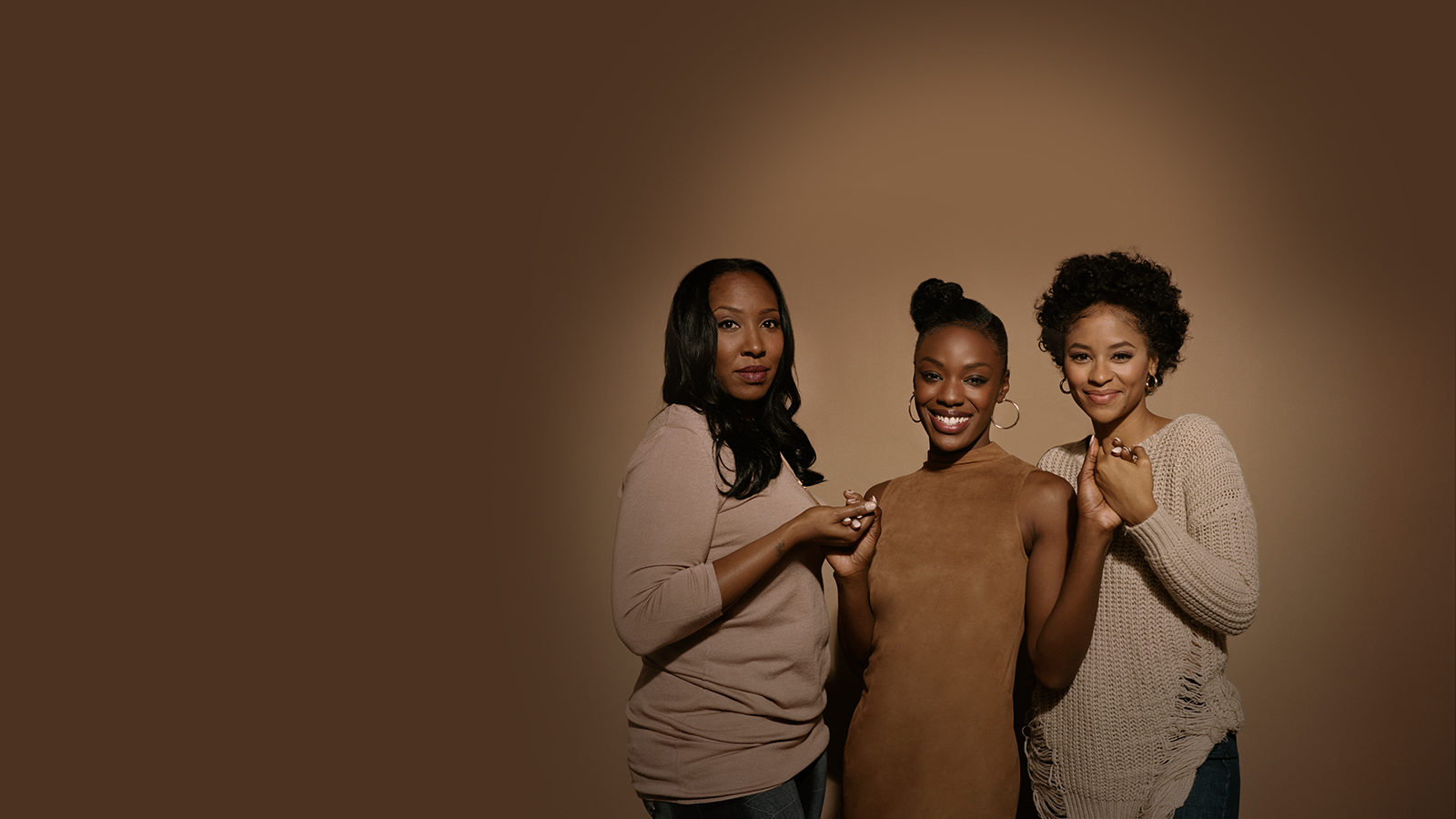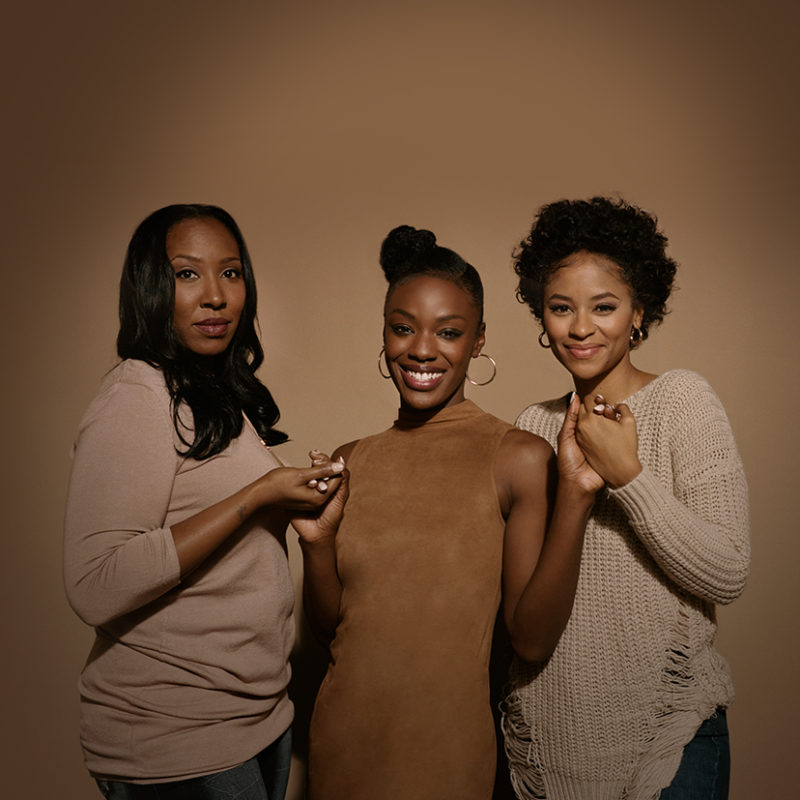There are so many reasons to make your health a priority. You’ll feel better. You’ll be better able to take care of all the things–and people–that need your attention. And you’ll decrease your risk of different types of cancer and other health conditions like heart disease and diabetes.
When it comes to breast cancer, there are some lifestyle factors research has shown to decrease risk. Here are 4 things everyone can do for their breast health.
- Maintain a healthy weight. Women who are overweight or obese after menopause have a 30-60 percent higher breast cancer risk than those who are lean. The best way to figure out if you’re at a healthy weight is to calculate your body mass index (BMI). Even BMI isn’t a perfect measure since we come in all shapes and sizes, but it’s better than weight alone since it takes height into account too.
- Exercise. Regular exercise appears to lower breast cancer risk by 10-20 percent. The American Cancer Society recommends 2.5 hours of physical activity a week to lower overall cancer risk. What you do doesn’t need to be intense or time-consuming. Small things like taking the stairs instead of the elevator, biking short distances instead of driving or parking farther away when you drive to the store can make a difference.
- Limit alcohol. Researchers looked at a bunch of different studies and found that for each alcoholic drink consumed per day, the relative risk of breast cancer increased about 7 percent. Drinking in moderation may be okay, but try to limit yourself to less than one drink a day (less than 2 drinks a day for men).
- Limit menopausal hormone therapy (MHT, a.k.a. postmenopausal hormone therapy or hormone replacement therapy). MHT used to be common to treat the symptoms of menopause. Today, researchers know that MHT increases the risk of breast cancer, so it’s only recommended in very low doses for short periods of time.
And for the new, soon-to-be, and someday-mothers among us, there’s one more thing you can do to reduce your breast cancer risk.
- Breastfeed. You may have heard that breastfeeding is good for babies, but did you know it has benefits for mothers too? One of those benefits: a lower risk of breast cancer.
What about diet?
Research has found lots of reasons to eat a healthy diet, but the jury’s still out about whether or how dietary choices affect breast cancer risk. Here are some guidelines for healthy eating that may decrease your risk of some cancers.
- Eat at least 2 ½ cups of fruits and vegetables every day.
- Choose 100 percent whole grain foods such as 100 percent whole grain breads and cereals, brown rice, millet and quinoa.
- Limit red meat and processed meat. Choose chicken, fish or beans more often.
- Limit “bad” fats (saturated and trans fats). These are found in foods such as red meat, fatty deli meats, poultry skin, full fat dairy, fried foods, margarine, donuts and microwave popcorn.
- Eat “good” fats (polyunsaturated and monounsaturated fats). These are found in foods such as olive and canola oil, nuts and natural nut butters, avocado and olives.
The U.S. Department of Agriculture’s website www.choosemyplate.gov has free tools to help you set weight and activity goals for healthy living. The American Cancer Society also has lots of information about diet and health. Susan G. Komen’s® website has more detail about how different lifestyle factors affect breast cancer risk.
Living your healthiest life is a great step toward reducing your breast cancer risk, but it’s not enough on its own. It’s also important to know your risk, get screened regularly and pay attention to your breasts so you can take action if you notice a change. The truth is no one can control whether they get breast cancer—but there’s a lot we can control to keep ourselves, and our breasts, as healthy as possible.

